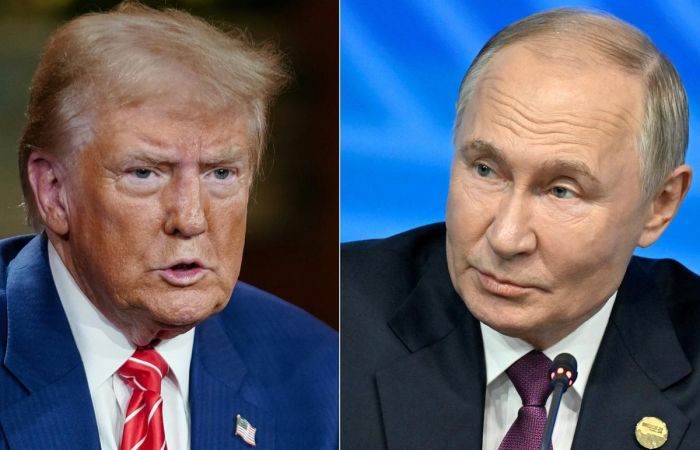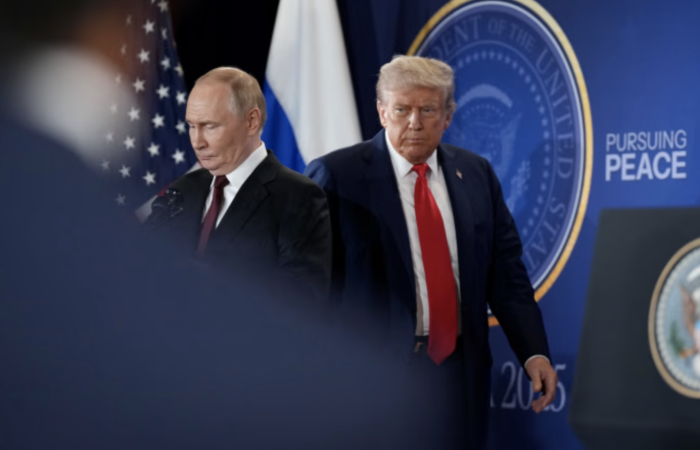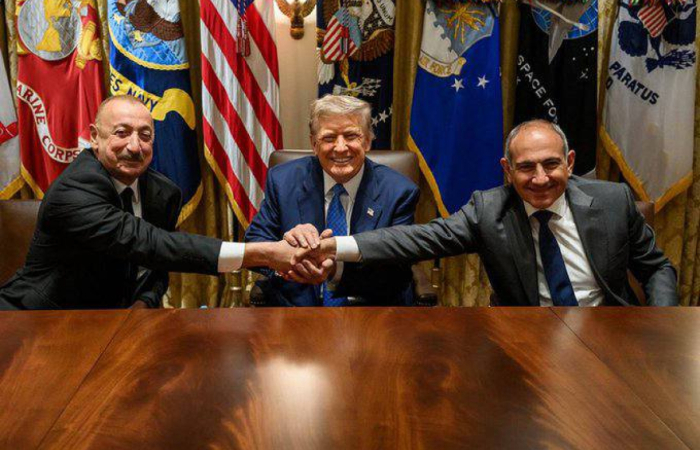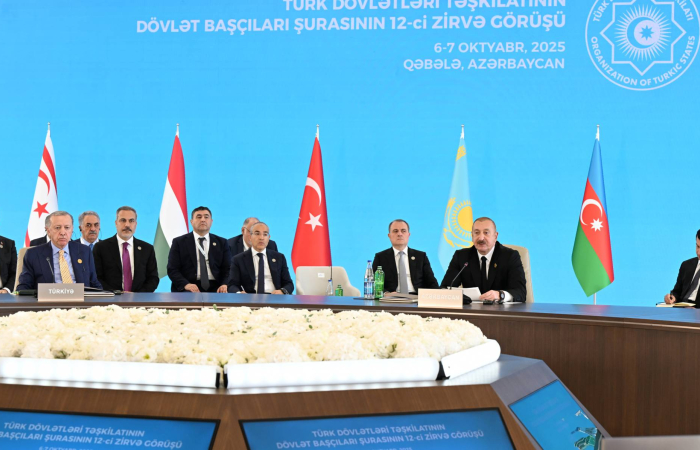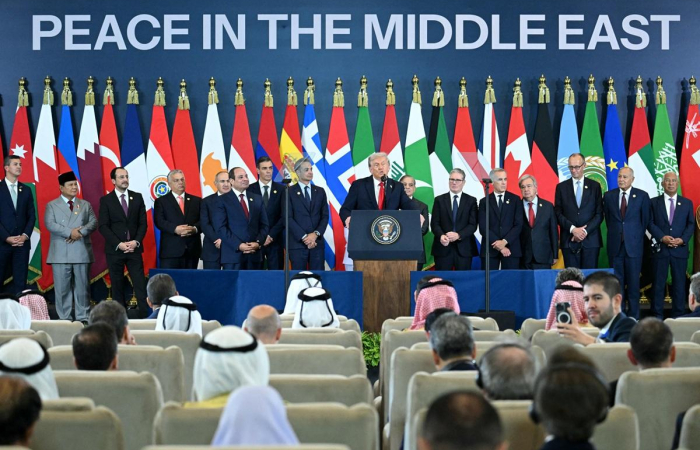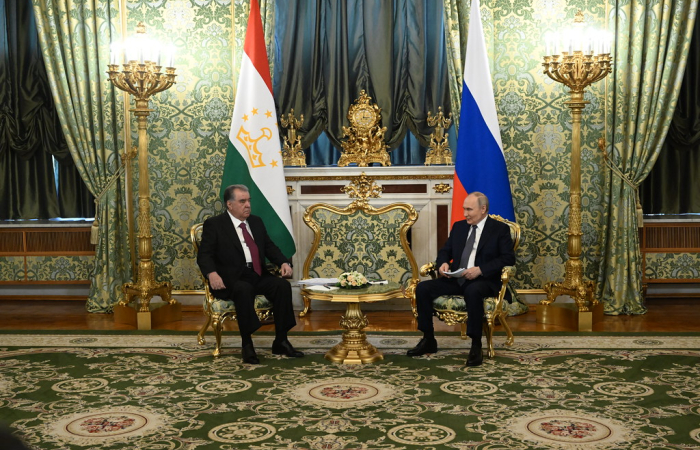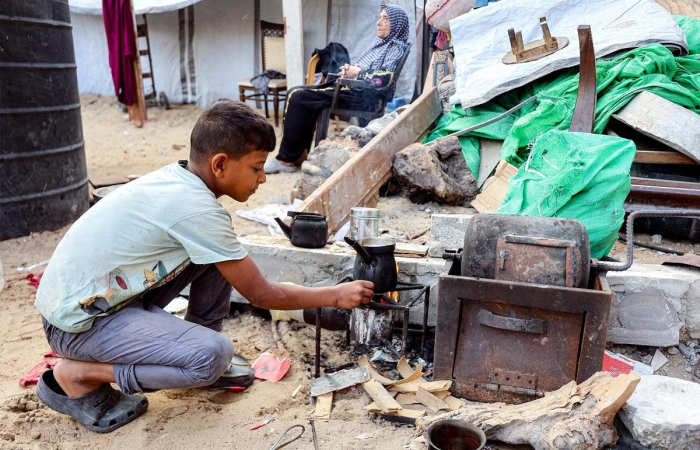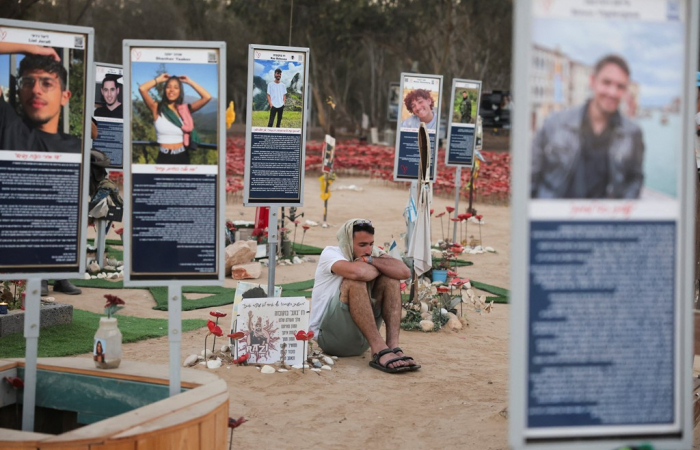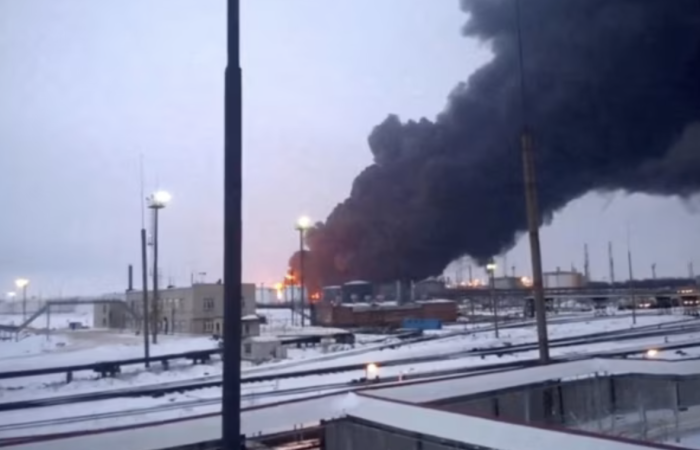Editor's choice
This is a members’ functionality. Please
Sign upNews
Trending
Israeli hostages and Palestinian detainees released as Trump’s Gaza plan is endorsed in Egypt summit
14 October 2025
Hamas freed the last living Israeli hostages from Gaza on Monday 13 October under a ceasefire deal and Israel sent home busloads of Palestinian detainees, as U.S. President Donald Trump declared the end of the two-year long war in the Middle East. Hours later, Trump convened Muslim and European leaders in Egypt to discuss the future of the Gaza Strip and the possibility of a wider regional peace, even as Hamas and Israel, both absent from the gathering, are yet to agree on the next steps. The Israeli military said it had received all 20 hostages confirmed to be alive, after their transfer form Gaza by the Red Cross. The announcement prompted cheering, hugging and weeping among thousands waiting at "Hostage Square" in Tel Aviv. In Gaza, thousands of relatives, many weeping with joy, gathered at a hospital where buses brought home some of the nearly 2,000 Palestinian prisoners and detainees to be freed by Israel as part of the accord. "The skies are calm, the guns are silent, the sirens are still and the sun rises on a Holy Land that is finally at peace," Trump told the Knesset, Israel's parliament, saying a "long nightmare" for both Israelis and Palestinians was over.





